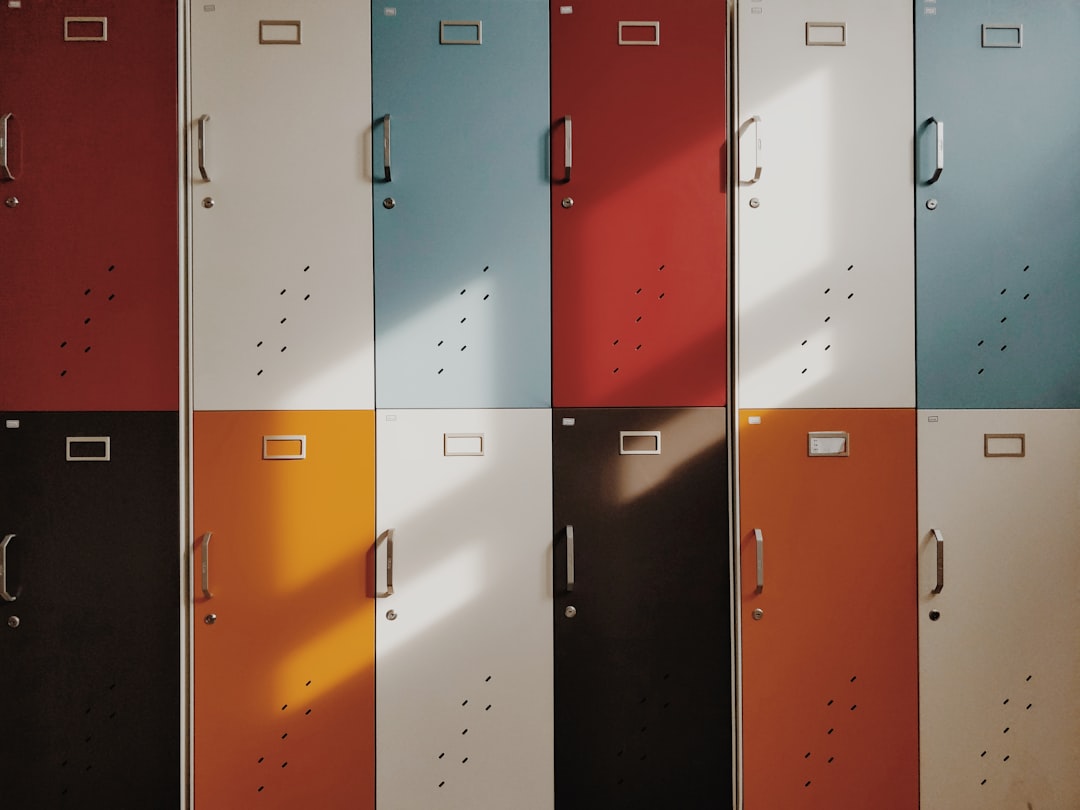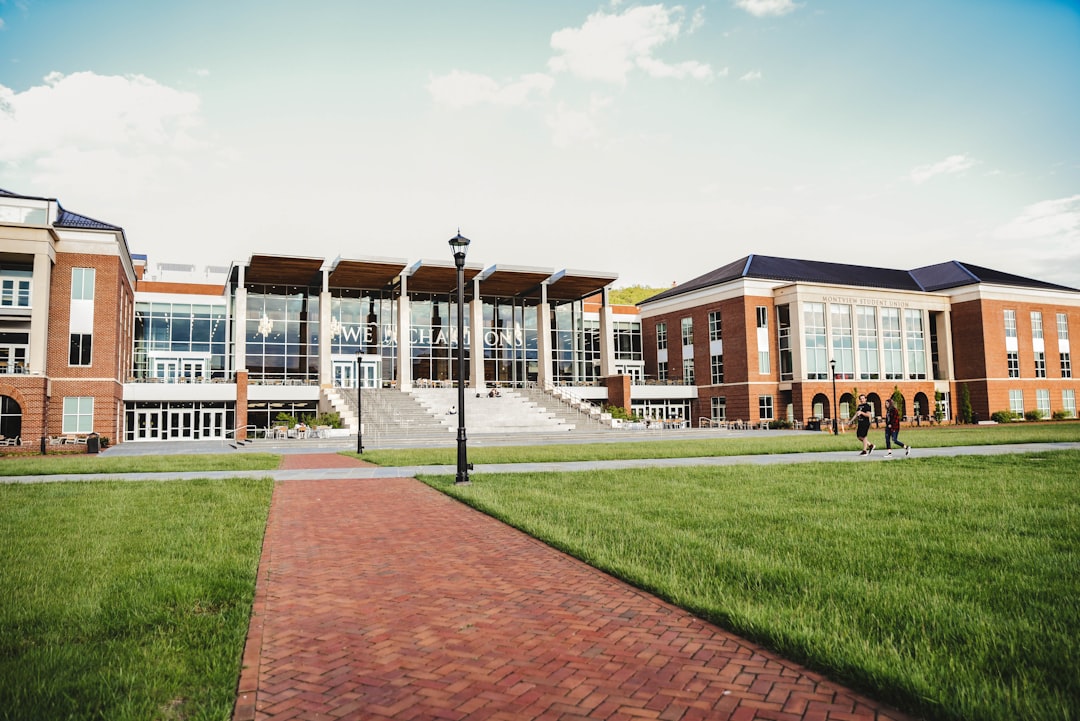New York City's diverse cultural norms create barriers to reporting sexual abuse in schools, with language and ethnic differences complicating legal navigation for immigrants. Strict education guidelines, specialized school abuse law firms, and advocacy groups collaborate to protect victims and ensure accountability. A comprehensive approach includes policy changes, community education, and agency partnerships, empowering survivors and fostering a culture where victims can come forward.
In New York City, addressing school sexual abuse requires understanding the intricate interplay between cultural norms and reporting practices. This article delves into the barriers that prevent students from coming forward, examining the role of school policies and local law firms in fostering or hindering disclosure. We explore strategies to overcome these cultural obstacles, emphasizing the importance of protective measures within educational institutions and legal support from New York-based law firms to ensure student safety and accountability.
Understanding Cultural Barriers to Reporting
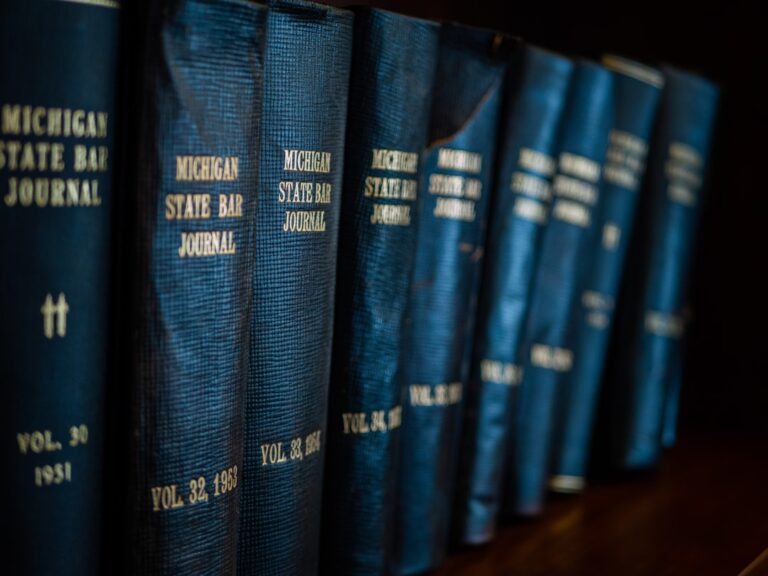
Many communities in New York City have unique cultural norms and values that can significantly impact how sexual abuse within schools is perceived and reported. When it comes to disclosing such sensitive matters, several barriers often arise due to deeply rooted cultural beliefs. For instance, some families might prioritize maintaining community harmony over individual rights, making them less inclined to speak up about potential school abuse for fear of causing a rift.
Language and cultural differences also play a pivotal role. Immigrants or children from diverse ethnic backgrounds may struggle to navigate the legal system and communicate their experiences effectively. This can be particularly challenging when dealing with complex school abuse laws, as accurate reporting is essential for pursuing justice. Thus, cultural sensitivity and understanding are crucial aspects that school authorities and legal firms specializing in school abuse cases in NYC must consider to encourage victims to come forward.
The Role of School Policies and Law Firms in NYC
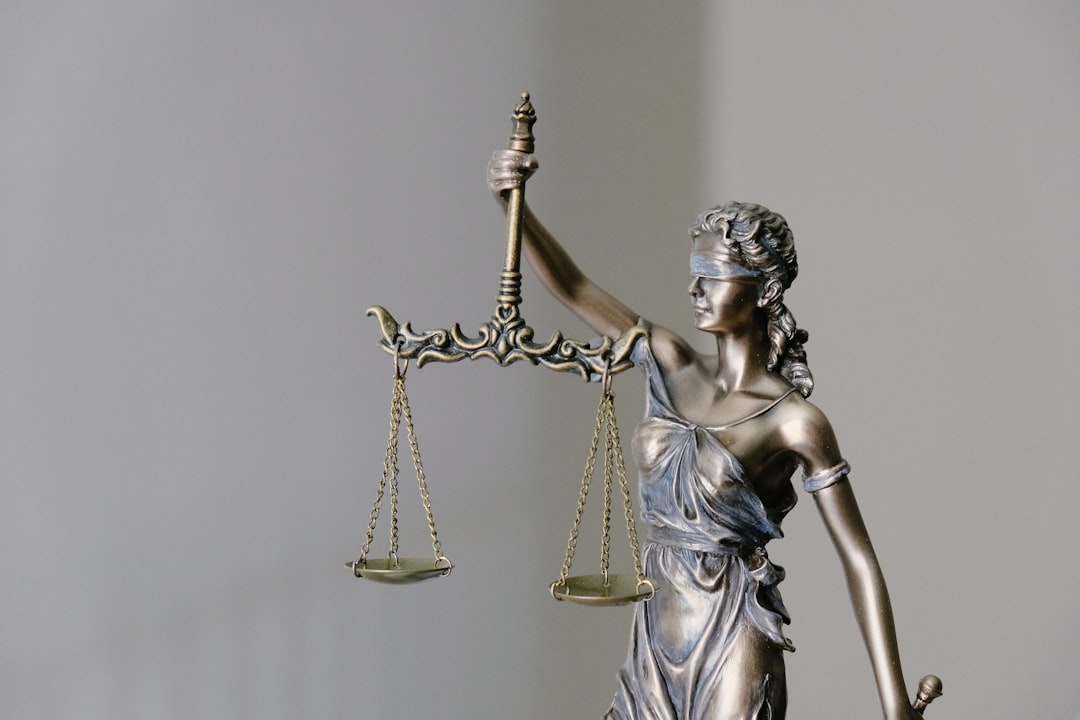
In New York City, school policies and law firms play pivotal roles in addressing and reporting school sexual abuse. Strict laws and guidelines established by the city’s education department set a framework for schools to handle such incidents promptly and confidentially. These policies often include mandatory reporting protocols, where school officials are required to inform relevant authorities upon suspicion or knowledge of any form of student-on-student or staff-perpetrated abuse.
Law firms specializing in educational law and child advocacy further support the process by providing expertise and legal representation. They collaborate with schools and victims’ families, ensuring that the rights of all parties are upheld while navigating the complex legal system. These partnerships enhance the overall response to school abuse, fostering a culture of accountability and safety within New York City’s educational institutions.
Strategies to Overcome Norms and Protect Students
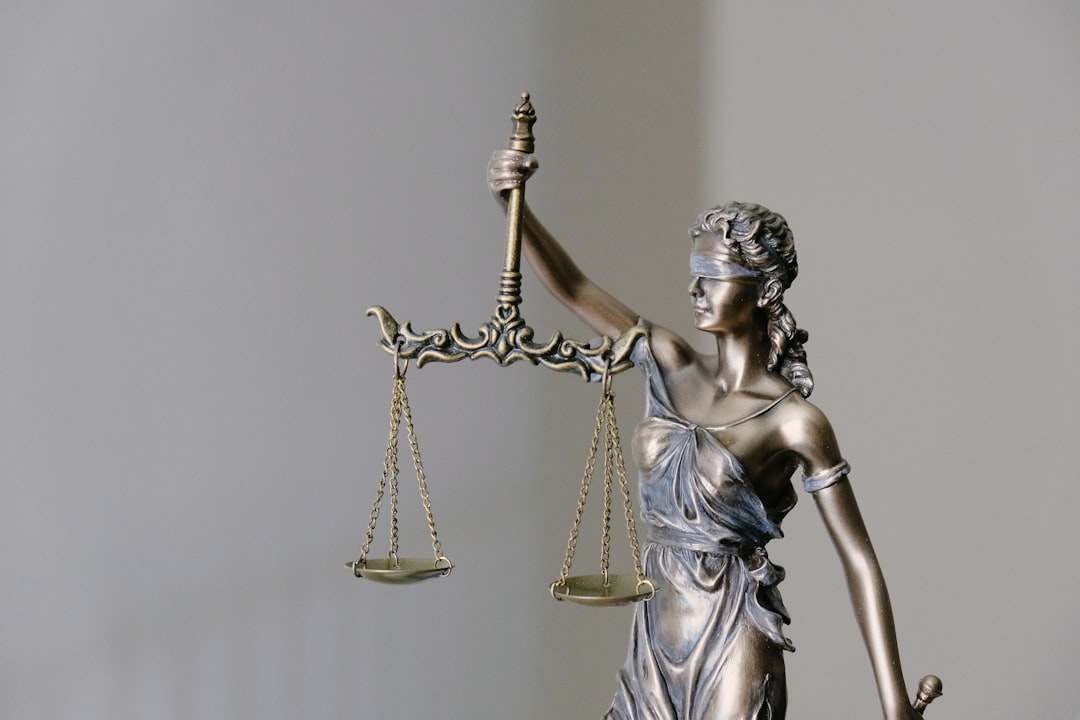
In addressing the impact of cultural norms on reporting school sexual abuse in NYC, a comprehensive approach is necessary to overcome deeply ingrained practices that hinder student protection. Legal advocacy plays a pivotal role; school abuse law firms in New York have been instrumental in raising awareness and pushing for policy changes. These efforts aim to simplify the reporting process, protect whistleblowers, and ensure accountability among educational institutions.
One effective strategy is community engagement and education, targeting both students and caregivers. Workshops and informative sessions can dispel myths and misconceptions surrounding sexual abuse, fostering a culture of openness where victims feel empowered to speak out without fear of judgment or reprisal. Collaboration between schools, local organizations, and law enforcement agencies further strengthens the network supporting survivors and facilitates swift intervention in cases of school abuse.

